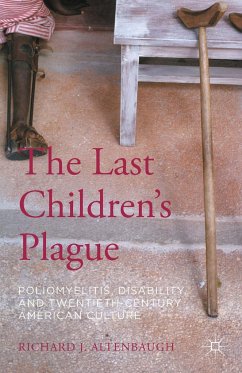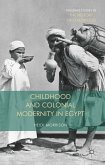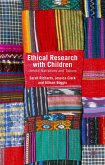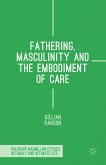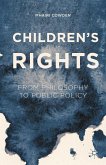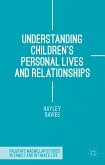Poliomyelitis, better known as polio, thoroughly stumped the medical science community. Polio's impact remained highly visible and sometimes lingered, exacting a priceless physical toll on its young victims and their families as well as transforming their social worlds. This social history of infantile paralysis is plugged into the rich and dynamic developments of the United States during the first half of the twentieth century. Children became epidemic refugees because of anachronistic public health policies and practices. They entered the emerging, clinical world of the hospital, rupturing physical and emotional connections with their parents and siblings. As they underwent rehabilitation, they created ward cultures. They returned home to occasionally find hostile environments and always discover changed relationships due to their disabilities. The changing concept of the child, from an economic asset to an emotional commitment, medical advances, and improved sanitation policies led to significant improvements in child health and welfare. This study, relying on published autobiographies, memoirs, and oral histories, captures the impact of this disease on children's personal lives, encompassing public-health policies, hospitalization, philanthropic and organizational responses, physical therapy, family life, and schooling. It captures the anger, frustration, and terror not only among children but parents, neighbors, and medical professionals alike.
Bitte wählen Sie Ihr Anliegen aus.
Rechnungen
Retourenschein anfordern
Bestellstatus
Storno

